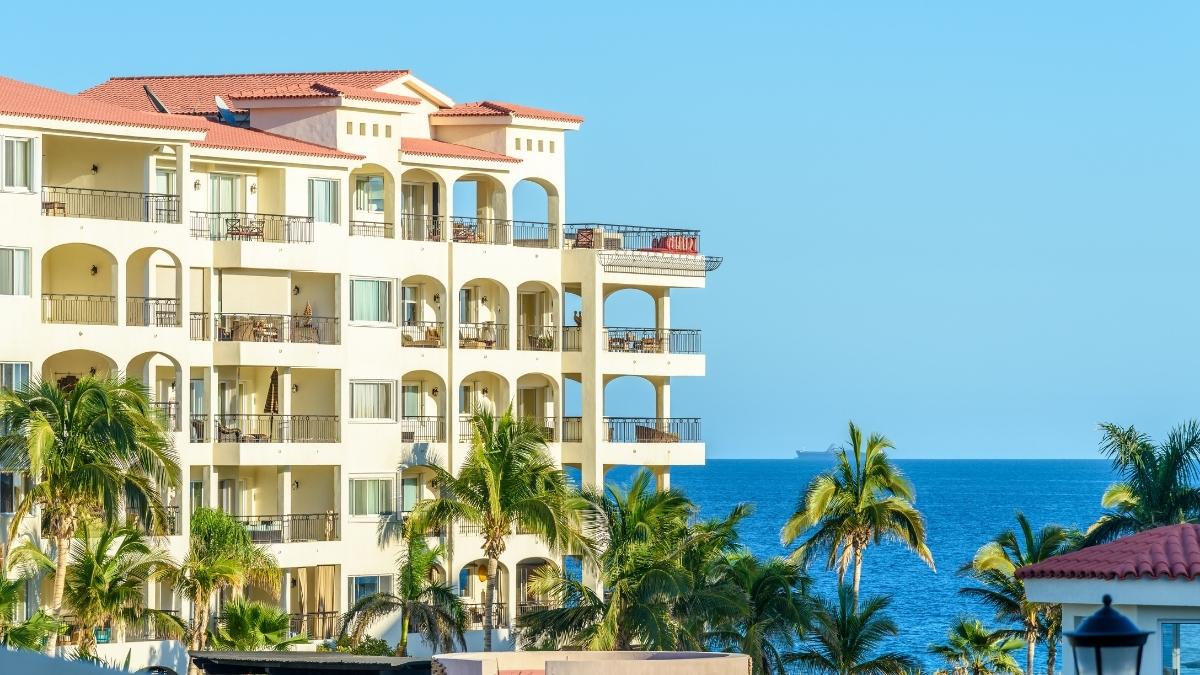Airbnb is testing a new Instacart kitchen-stocking service beginning January 5, 2026. This marks one of the company's most direct attempts yet to fold everyday services into the core booking experience, and the first time it's meaningfully compensating hosts for their participation.
The three-month pilot will run in Phoenix, Orlando, and Los Angeles, allowing guests to order groceries through the Airbnb app up to three weeks before they arrive. Participating hosts receive and unpack the groceries, placing items in the kitchen ahead of check-in. In exchange, Airbnb is paying hosts $25 per completed order and an additional $100 for their first booking.
The compensation model represents a significant departure from Airbnb's initial Services and Experiences rollout, which offered hosts no share of revenue when guests booked add-ons. That approach left the company without a built-in distribution advantage: millions of hosts had no financial incentive to promote the new offerings, limiting organic adoption.
This pilot changes that. By tying host compensation directly to service delivery, Airbnb is aligning incentives in a way that could finally unlock host-driven distribution. Hosts who opt in must commit to receiving deliveries and stocking kitchens, but they gain a new revenue stream and a potential differentiator in competitive markets.
The integration extends Airbnb's broader push into Services, a category the company introduced in 2025 that now includes massages, chef meals, beauty services, and fitness sessions. Airbnb leadership has said Services and Experiences could eventually contribute more than $1 billion in annual revenue, although any meaningful impact will take time. For now, the company is running multiple small-scale experiments, including boutique hotel tests in Los Angeles, New York, and Madrid, to determine which categories are worth expanding.
For guests, the Instacart feature offers the ability to arrive at a fully stocked kitchen without making a grocery run. Orders can include fresh produce, pantry items, beverages, and household staples, which Airbnb says could streamline the arrival experience and potentially improve listing ratings. A smooth arrival and pre-stocked kitchen appeals to a significant segment of travelers and could translate into better reviews and repeat bookings for participating hosts.
Instacart's role fits into its own embedded-partnership strategy, which aims to integrate its marketplace into platforms with large built-in user bases. With increased competition from DoorDash and Uber, these partnerships have become critical to Instacart's distribution strategy.
Airbnb will evaluate host participation, guest demand, and service reliability before deciding whether to expand the program nationally. If successful, the pilot could serve as a template for future services where hosts take on compensated, guest-facing tasks that deepen Airbnb's push into everyday convenience - and finally give hosts a reason to care about the platform's service expansion.

.webp)


